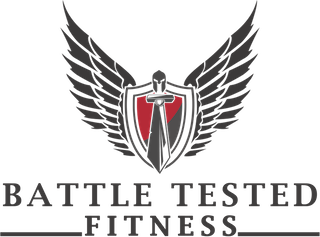You may be a special operations operator preparing for a hostage rescue, a fireman about to enter a burning building, or an athlete moments before a competition; its go time. Have you taken the necessary steps to prepare for this moment? Though the above mentioned events are radically different from each other, they share the elements of physical and mental intensity. How does one get ready for such engagements? Here are 7 tips to help someone physically and mentally prepare for extreme moments of intensity.
1. Train your body to physically be ready for the stresses you may encounter. Running up a flight of stairs maybe be easy, now add 60 pounds of gear, not so easy. Firefighters often are loaded with heavy equipment and then are burdened with carrying a survivor of a fire to safety.
2. Wearing the appropriate clothing and gear suitable to your body. You may be a great athlete but if your shoes don’t fit well or a part of your clothing chafes your skin, the added irritation will cause you to become distracted and be efficient in your movements.
3. Practicing in the environment to which you will be engaged or tested. Trail and mud runs are fun but training on a treadmill won’t help you develop the physical capabilities and mental comfort to compete at your best. Replicate the real thing in practice as best as you can.
4. Have mental pictures of how you will navigate the upcoming moments of intensity. Have a strong mental game plan of what you will do when faced with extreme challenges.
5. Rest – sleep is key. The central nervous system regulates much of the body’s functions, lack of sleep often over stresses the central nervous system resulting in poor performance. For military personnel sometimes sleep is a luxury and if so operators should train to be 100% functional despite a lack of sleep.
6. Diet is an important factor. It is best if the blood sugar levels and heart rate are stabilized prior to moments of intensity. Though adrenalin will spike the heart rate, a lack of adequate blood sugar can result in muscle failure and too high a heart rate caused by caffeine and refined sugars will sabotage fine motor skills.
7. Learning from others. Find out who previously has undertaken the same tasks or events and learn their “tricks of the trade”. Understanding from others about what works or doesn’t goes along way to mentally prepare yourself for your mission, rescue, or event.


Sorry, the comment form is closed at this time.